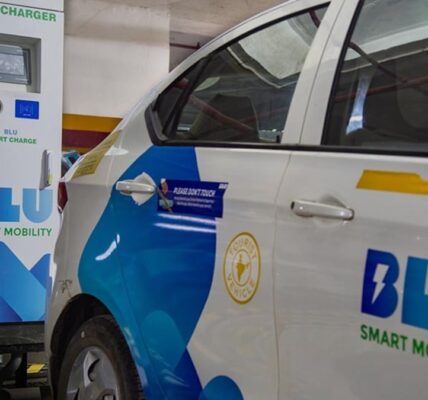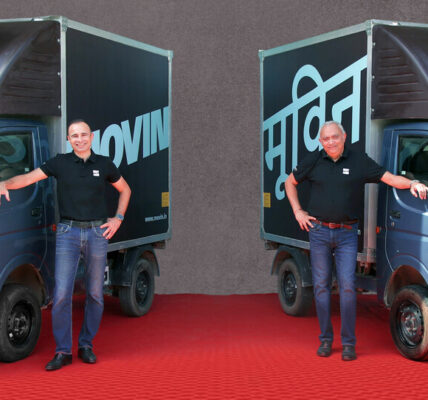After rolling out policy initiatives to develop India as a hub for lithium-ion cells manufacturing, the Indian government is working on ensuring availability of affordable credit to the nascent electric vehicle industry.
Government’s policy think tank, Niti Aayog has been working on a series of policy measures to make sure banks and financial institutions offer credit at affordable rates to buyers of electric vehicles, and easy availability of finance for projects related to development and manufacturing of such zero emission vehicles.
The World Bank Group has been assisting the government in formulating these policy measures, said two people directly aware of the development. At present availability of finance is considered a key hurdle for sales and other aspects of the electric vehicle industry.
According to an official, the Niti Aayog is concerned about the lack of finance options available for customers of electric two and three-wheelers which according to senior officials will get most of the traction in the next few years.
“Today the interest rate on a combustion engine vehicle is 10-14% depending on the bank and the customer. The same for an electric vehicle is around 20-25% and the senior officials in Niti Aayog and the government want to create an enabling environment for availability of finance for these vehicles. Subsequently they will also look at availability of finance for projects related to EVs,” said the official requesting anonymity.
In its effort to reduce vehicular emissions and crude oil imports, the Narendra Modi government has been urging vehicle manufacturers to develop and make electric vehicles in India. It had also earmarked ₹10000 crore as subsidy under the Faster Adoption and Manufacturing of Electric and Hybrid vehicle (FAME) scheme in 2019 to promote sales of electric vehicles and setting up of related infrastructure like charging stations.
On November 11, the government announced the production linked incentive scheme worth ₹18,000 crore to promote lithium-ion cell manufacturing in India.
“Presently, electric vehicles do not have a robust resale market, which makes it difficult for banks to ascertain their residual value. This leads to a higher cost of financing for electric vehicles compared to their ICE counterparts,” a spokesperson of Niti Aayog said in an interview.
He further added that Niti Aayog has received a proposal from World Bank to undertake a few steps to ease access to finance for electric vehicle buyers. The proposal is at a very preliminary stage of discussion.
The electric vehicle industry is in a nascent stage and has not managed to gain any traction in the domestic market due to the high difference in prices with combustion engine vehicles, lack of charging station and absence of local manufacturing. In the last two years, automakers and startups in the three and two-wheeler space have launched slew of products expecting demand to pick up in the next few years.
Manufacturing of crucial components like lithium cells, batteries, electric motors have also not picked up in India due to the low volumes in the domestic market. According to a study conducted by Association of Automotive Component Manufacturers (ACMA) and consultancy firm, Roland Berger, electric two-wheelers will form 34.5% of the total two-wheeler sales in India by 2025.
According to the spokesperson mentioned above, availability of credit is an important issue for any new industry and the Niti Aayog will be working with World Bank to understand how banks and other financial institutions can lend to EV customers.
“The aim is to engage with the banks and get affordable credit for this industry, which is critical for the development of the sector. Also, they will look into how the government can contribute to help create a conducive environment for financing electric vehicles. After the PLI scheme, this measure was needed since EV makers have referred to lack of affordable finance options as one of the reasons why EV sales are not picking up,” added the spokesperson requesting not to be named.







